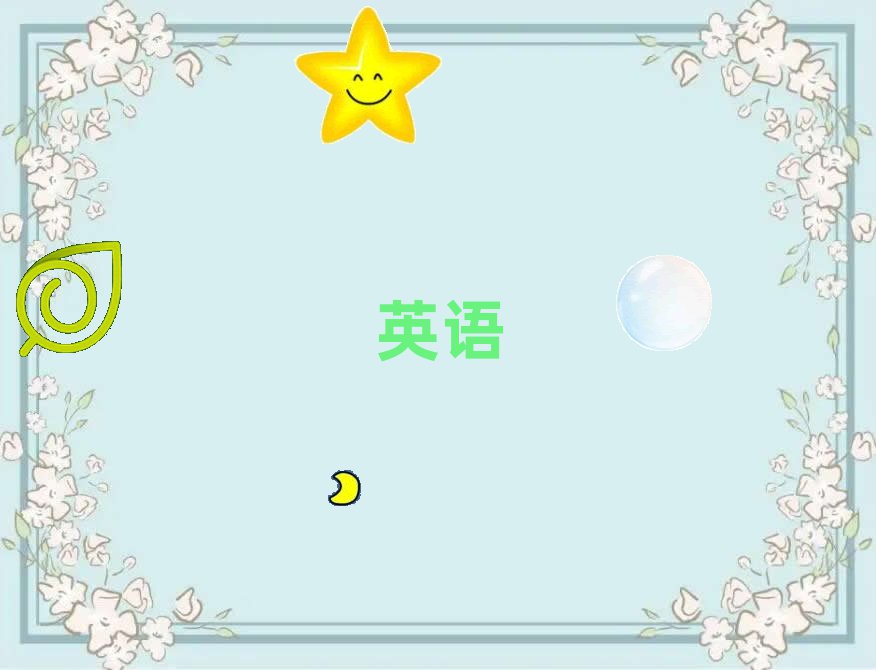新聞標題:昆山sat培訓多少學費
昆山sat是昆山sat培訓學校的重點專業,昆山市知名的sat培訓機構,教育培訓知名品牌,昆山sat培訓學校師資力量雄厚,全國各大城市均設有分校,學校歡迎你的加入。

昆山sat培訓學校分布昆山市等地,是昆山市極具影響力的sat培訓機構。
這些問題主要是因為筆誤引起,所以這次再版,基本保留第一版的原貌,僅去掉了筆誤,修正了表達不是很嚴謹的地方。在此向各位致歉。
修飾形容詞,副詞用increasingly.注意沒有growingly這種形式。
醫生說葛麗斯每天下午必須躺下來休息一小時。
5.to stand up : (to rise, take an upright or standing position after being seated)
In a survey, 5000 students selected their usual methods of communicating with friends from the following three options: calling(C),text messaging(T),or instant messaging(I). The Venn diagram above shows the results of the survey. How many students selected exactly two of the three methods of communicating?
它是個argument 還是report。
正確答案:D
的結構(意為“越……越……”);
The harder he works, the happier he feels.
⑤不與其他事物相比,表示本身程度的改變時,用“比較級+ and+比較級”的結構;
2)Perhaps another thing that gives this away is the asking of a question that cannot be answered correctly.
她失去了工作,卻說是自愿離職以保全面子.
He\'s the outgoing ambassador.
他就是即將離職的大使。
Unfortunately I have had to leave my position, as my employers have been forced to liquidate their business due to the worldwide economic adversity.
about five miles per hour(每小時大約5英里)
at least ten yards away(至少有10碼遠)
hesitated for a moment or two(猶豫了片刻)
I have warned you a hundred times(我已經警告你多少遍了。)
四. 在科技文章中,數字頻繁出現,用阿拉伯數字比用單詞陳述更有利。
各有關單位
every relevant department
劃分成小單位
divide into smaller units
你在哪一個單位工作?
who do you work for?
2單位用英語怎么說各單位都要做好消防工作,以防患未然。
例:Trains A, B and C passed through a station at different speeds.. Train A's speed was 3 times Train B's speed, and Train C's speed was twice Train A's.
(E)and in other medical specialties
【分析】
I love Mary more than my parents do.
你能找到注冊的時間和日期嗎?
也就是說,凡是一個句子中有兩個女性人物,那么she或her的指代就有問題;凡是一個句子中有兩個男性人物,那么he、him或his的指代也有問題了。同樣,在一個句子中出現兩個或以上的復數名詞,那么they或their的指代也是不能接受的,即使在我們看來,那個they指代的對象非常清楚。
第三段是有些問題屬于“兩難問題”,無法回答“是與否”;對這樣的提問,聰明的聽眾往往會沉默,此時無聲勝有聲。比如:妻子問丈夫“我美不美?”(說美吧,不是事實,說了也被懷疑拍馬屁;說不美吧,又怕被打,只好沉默了)
根據以上講解,同學們可以按照這個套路來練習了。
Perhaps another thing that gives this away is the asking of a question that cannot be answered correctly. One of the most popular examples of this is when a woman askssomeone if she looks fat in whatever she is wearing. It may seem like a simple, harmless question, but there is, in fact, no right way to answer this question. If the reply is yes, the woman will surely get angry and upset because now she thinks she's fat. However, if the reply is no, she will surely accuse the responder of lying. In situations like these, it may be best to just not answer at all. I know that's my father's philosophy when my mother poses such questions.
昆山sat培訓學校成就你的夢想之旅。學sat就來昆山sat培訓學校


 點擊交談
點擊交談